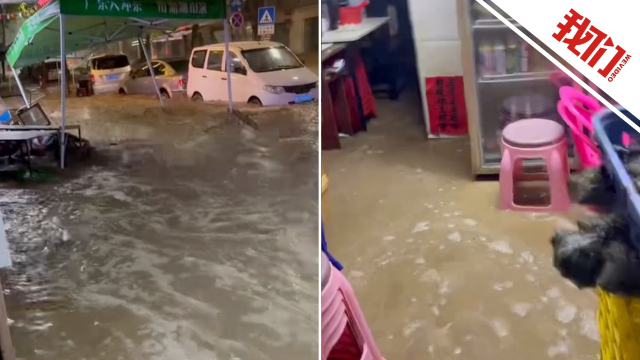今日热播

播放
下一个
打开循环播放
00:00
/
01:01
你可以 刷新 试试
播放信息
上传日志
视频ID
VID
n1202uje8ut
播放流水
Flowid
cac1e03cbfb1ff90d41e34084a5a5bec
播放内核
Kernel
m3u8/hls.js (1.33.5-p2p-1.6.1)
显示器信息
Res
-
帧数
-
缓冲健康度
-
网络活动
net
-
视频分辨率
-
编码
Codec
-
mystery
mystery
t:0.00 pg:1 s:lt
“2分钟不到整条街漫灌”,广东肇庆暴雨道路被淹,有保安遇险后获救
“2分钟不到整条街漫灌”,广东肇庆暴雨道路被淹,有保安遇险后获救
最后期限将至 美式调停或激化冲突?美俄核潜艇先后抵达指定位置
最后期限将至 美式调停或激化冲突?美俄核潜艇先后抵达指定位置
美军事承包商前雇员揭露加沙援助发放真相
美军事承包商前雇员揭露加沙援助发放真相
美得州50多名民主党议员集体离州 共和党籍州长下令逮捕
美得州50多名民主党议员集体离州 共和党籍州长下令逮捕